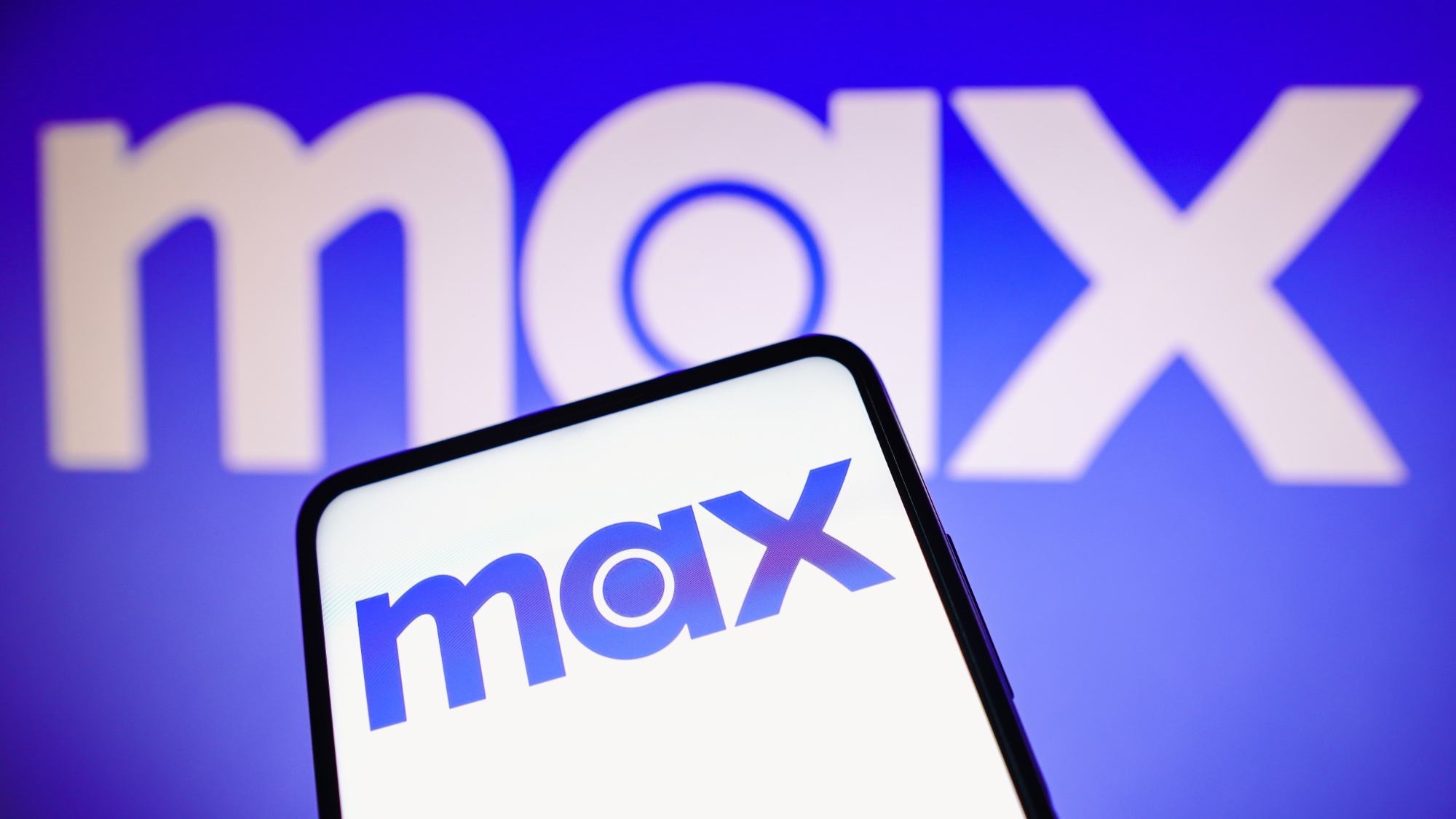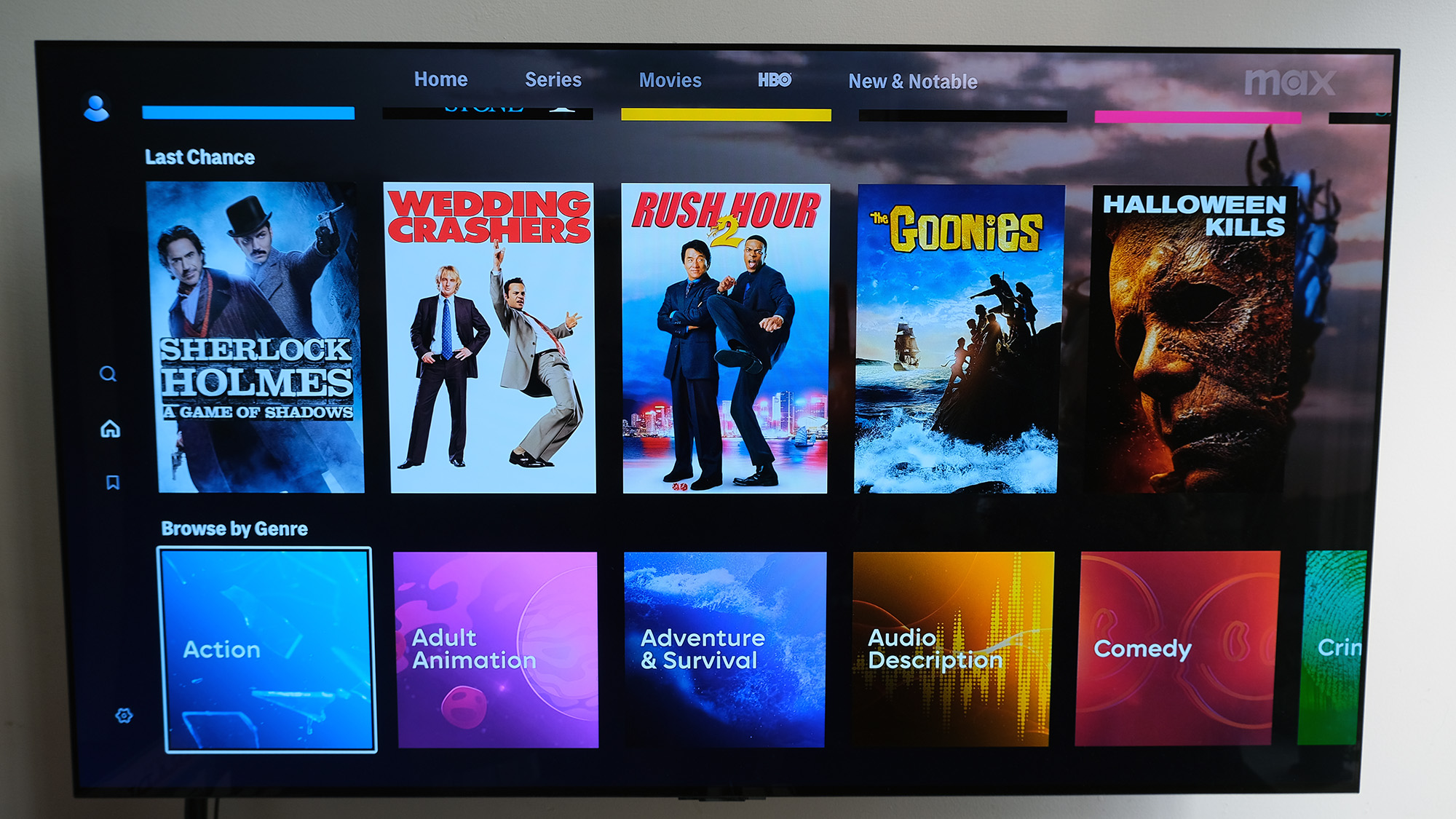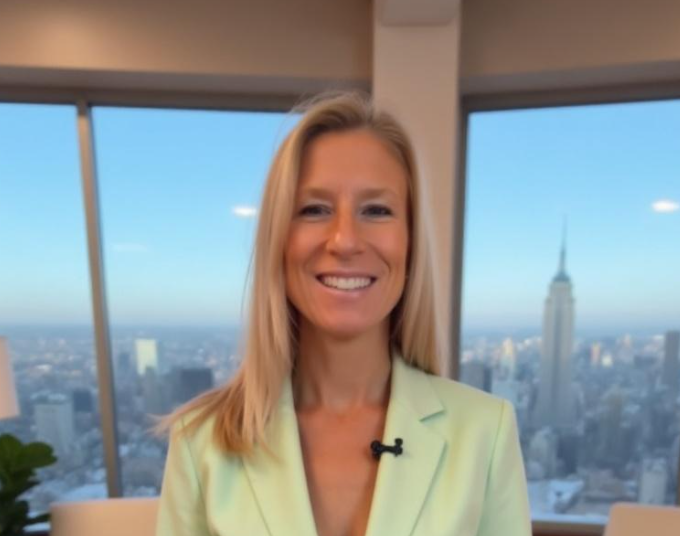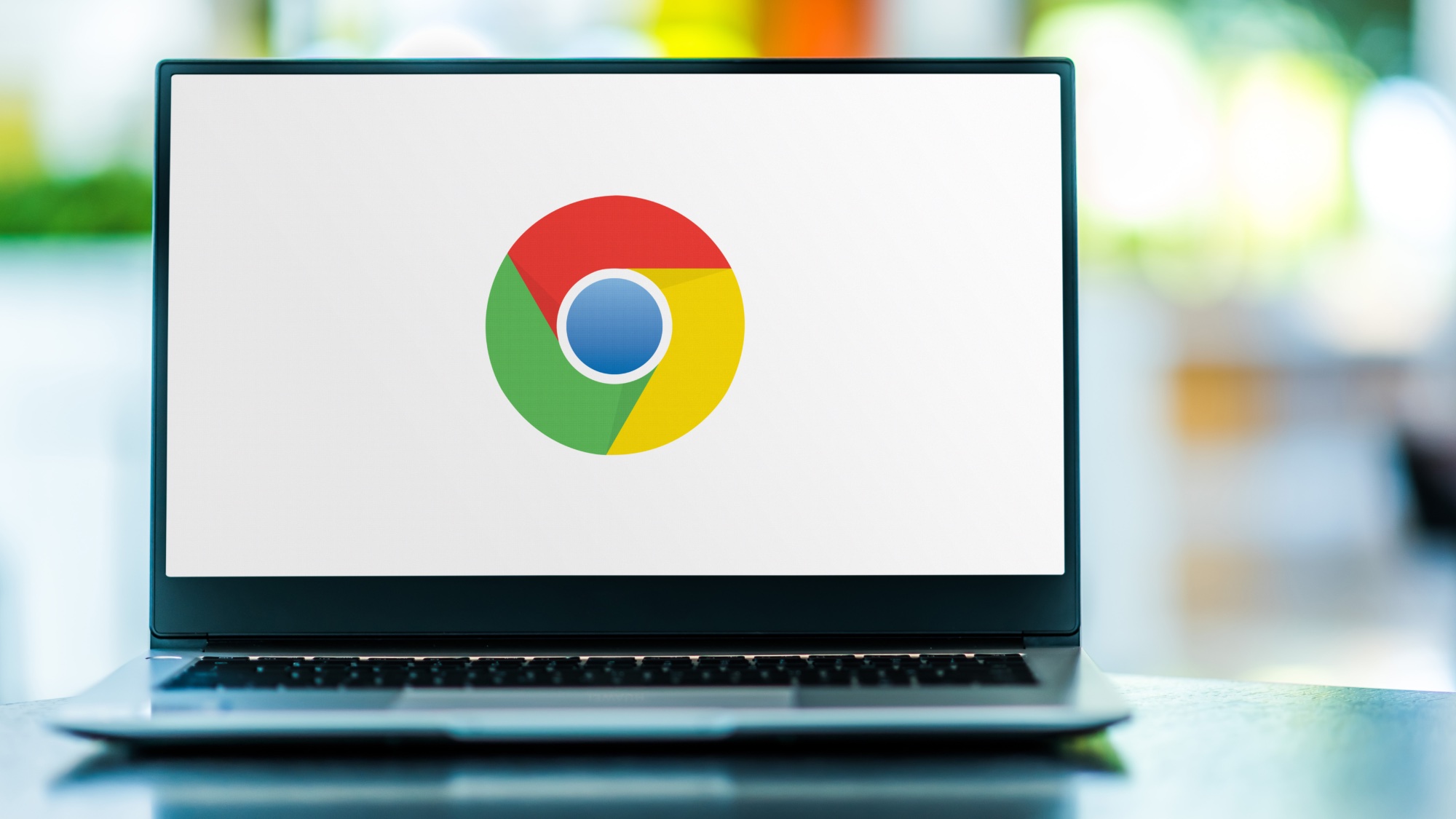Max is getting AI-generated captions thanks to Google — here's how they'll work
Warner Bros. Discovery turns to AI

Here at Tom’s Guide our expert editors are committed to bringing you the best news, reviews and guides to help you stay informed and ahead of the curve!
You are now subscribed
Your newsletter sign-up was successful
Want to add more newsletters?

Daily (Mon-Sun)
Tom's Guide Daily
Sign up to get the latest updates on all of your favorite content! From cutting-edge tech news and the hottest streaming buzz to unbeatable deals on the best products and in-depth reviews, we’ve got you covered.

Weekly on Thursday
Tom's AI Guide
Be AI savvy with your weekly newsletter summing up all the biggest AI news you need to know. Plus, analysis from our AI editor and tips on how to use the latest AI tools!

Weekly on Friday
Tom's iGuide
Unlock the vast world of Apple news straight to your inbox. With coverage on everything from exciting product launches to essential software updates, this is your go-to source for the latest updates on all the best Apple content.

Weekly on Monday
Tom's Streaming Guide
Our weekly newsletter is expertly crafted to immerse you in the world of streaming. Stay updated on the latest releases and our top recommendations across your favorite streaming platforms.
Join the club
Get full access to premium articles, exclusive features and a growing list of member rewards.
In a move aimed at improving accessibility, Warner Bros. Discovery has partnered with Google to introduce AI-generated captions on its Max streaming platform. The collaboration utilizes Google's most recent generative AI technology to automatically generate closed captions and further improve the viewing experience of people with auditory impairments, making content readily available for all audiences.
Closed captions have long been recognized as a standard feature in the entertainment industry, allowing users to follow along with the dialogue and sound effects. Yet, manual captioning is expensive and takes a long time to complete. This is particularly true for channels with a high volume of content like Max. AI assistance helps with the struggle to keep up and can be beneficial for multiple language translations.
The decision to leverage Google’s AI technology will help Warner Bros. Discovery produce captions at much faster speeds while adapting to various accents, dialects and even informal speech that might otherwise be difficult for traditional captioning systems. This approach will make it scalable, as Max can provide high-quality captions across its extensive and ever-growing content library.
The role of AI in accessibility

AI-generated captions may improve the viewing experience for all users. Closed captions serve many purposes beyond those who are hard of hearing, especially as many viewers are used to multi-tasking. Many viewers watch their content with the captions when they're in noisy environments, learning a new language, or simply just consuming content without sound. Automating this process could ensure that there is far greater availability of captions on all content types, from blockbuster movies to niche shows, including foreign films.
Meanwhile, the integration of AI into the captioning process opens up options such as real-time captioning for live events or broadcasts. As more platforms integrate live streaming into their services, the ability to provide AI-generated captions instantly, could become a crucial feature in capturing audiences who rely on this service.
As AI naturally integrates further into the entertainment industry, there are some important questions that need to be answers. First, there is concern with the accuracy of AI captions, especially in situations that are complex or nuanced, which may need oversight from humans to ensure those quality standards remain superior. Warner Bros. Discovery says it would continue to ensure that the highest standards of caption quality are maintained, whereby AI does the heavy lifting in the captioning, but a human editor will always review the material for mistakes or misinterpretations before it goes live.
This deal underlines Warner Bros. Discovery's drive to make content accessible, but also positions Max as a forward-thinking platform embracing technological innovation.
More from Tom's Guide
- 5 best AI apps for Mac — here's what I use to work smarter
- I test AI chatbots for a living and these are the best ChatGPT alternatives
- ChatGPT rolling out Advanced Voice Mode now
Get instant access to breaking news, the hottest reviews, great deals and helpful tips.

Amanda Caswell is an award-winning journalist, bestselling YA author, and one of today’s leading voices in AI and technology. A celebrated contributor to various news outlets, her sharp insights and relatable storytelling have earned her a loyal readership. Amanda’s work has been recognized with prestigious honors, including outstanding contribution to media.
Known for her ability to bring clarity to even the most complex topics, Amanda seamlessly blends innovation and creativity, inspiring readers to embrace the power of AI and emerging technologies. As a certified prompt engineer, she continues to push the boundaries of how humans and AI can work together.
Beyond her journalism career, Amanda is a long-distance runner and mom of three. She lives in New Jersey.
 Club Benefits
Club Benefits










